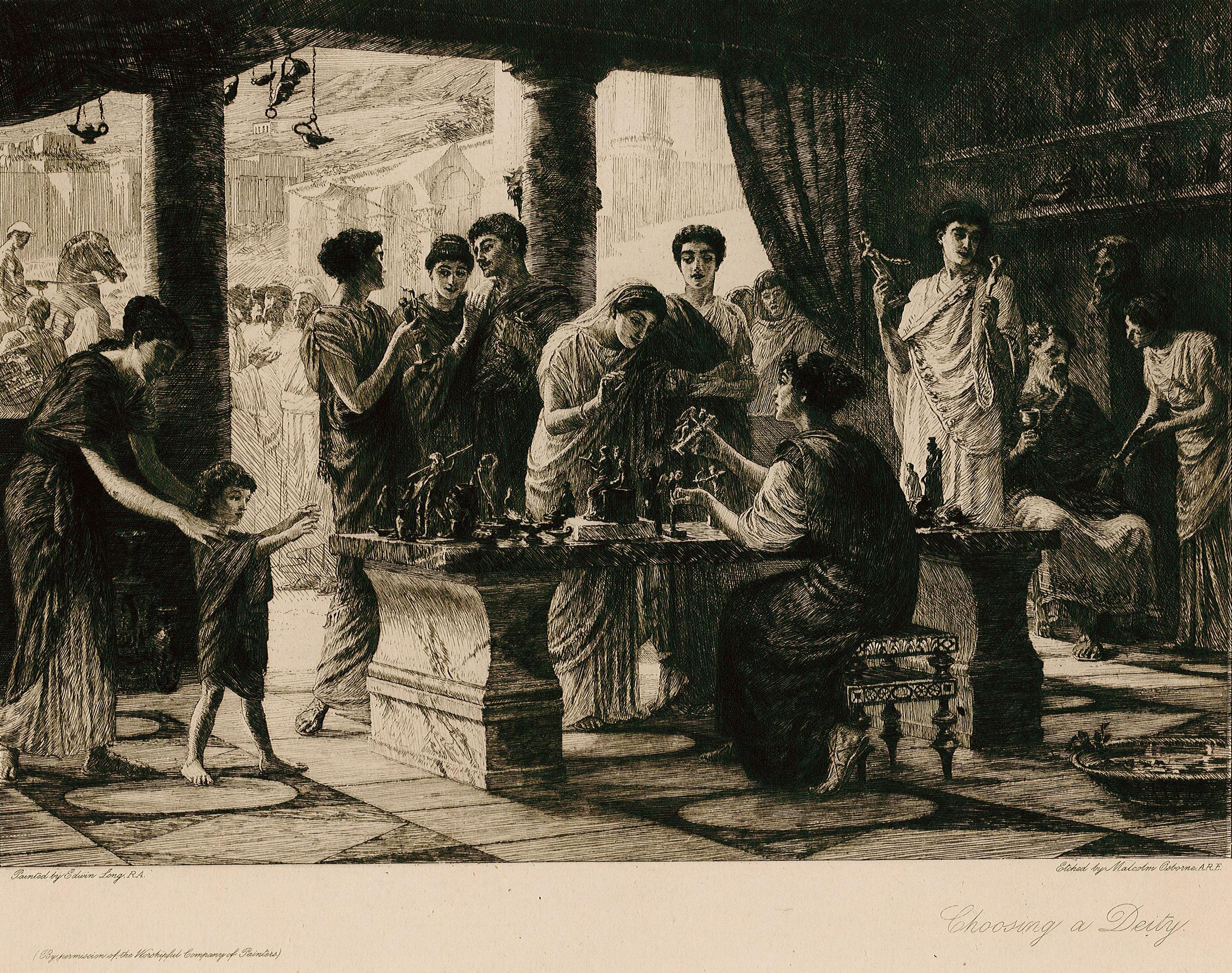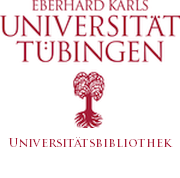Editorial
Patterns of Religionization. A Critical Discussion of a New Perspective on Interreligious Research – with a Response from Marianne Moyaert
DOI:
https://doi.org/10.71956/cdth002-pref1Abstract
Interreligious studies in Western European (post-)Christian societies do not take place in a neutral terrain but are strongly conditioned by social, political, cultural, legal, and institutional aspects that shape their structure and format as well as the expectations of their participants. What counts therein as ›proper‹ religion and what does not, proves to be instilled with social imaginaries, normative assumptions and institutional arrangements that are deeply anchored in (Western) Europe’s historical experience with Christianity and (Western) Christian ways of imaging and speaking about the ›other‹. The contributions in this issue critically discuss the legacy of these Christian ›Patterns of Religionization‹ from a variety of disciplinary, denominational, religious and cultural perspectives. They do so in conversation with Marianne Moyaert’s recent study on Christian Imaginations of the Religious Other. A History of Religionization (Wiley Blackwell 2024) thereby both reflecting and continuing a discussion that was initiated by Marianne Moyaert's New Horizons Fellowship at the Tübingen Campus of Theologies in the summer term of 2022. At the heart of the debate are the relationships between Christian normativity and power; the logics at work in the construction and negotiation of religious differences amid asymmetrical power relations; the colonial legacies of (Western) Christianity; and how these issues can be addressed both on a conceptual and methodological level as well as from a critical interreligious perspective.
Downloads
Published
Issue
Section
License
Copyright (c) 2025 Sebastian Pittl, Lea Schlenker

This work is licensed under a Creative Commons Attribution-NonCommercial 4.0 International License.






